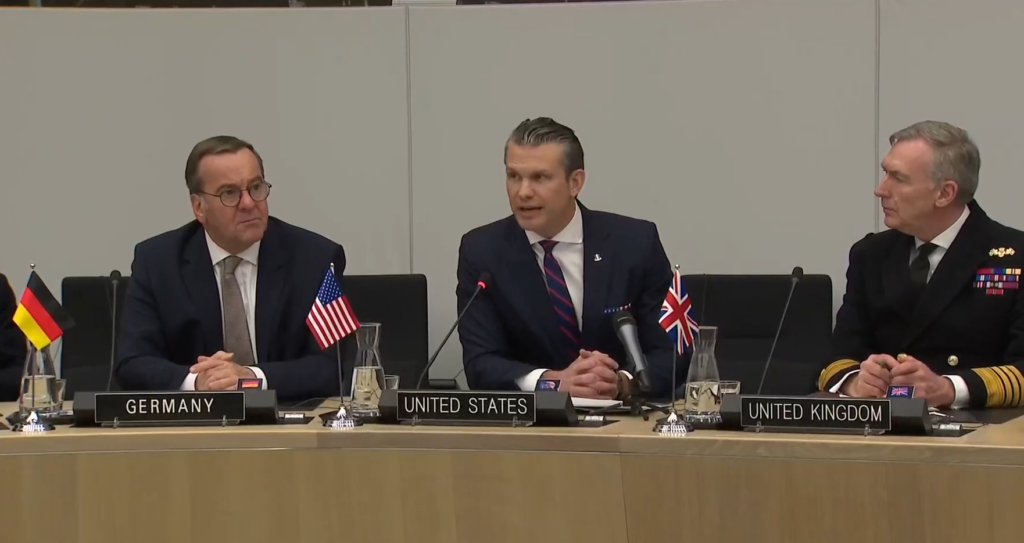White House Press Secretary: “Entire Pentagon” Working Against Hegseth
White House Press Secretary Karoline Leavitt claimed Monday that the “entire Pentagon” was resisting Secretary of Defense Pete Hegseth’s attempts to “change” the Department of Defense, after news broke that he shared planning information about United States strikes on Yemen in a second Signal chat group with his wife, his personal lawyer, and his brother among others.
Earlier on Monday, Leavitt told reporters at the White House for a press conference that “The President absolutely has confidence in Secretary Hegseth. I spoke to him about it this morning, and he stands strongly behind him.”
Leavitt’s comments came after the New York Times reported on Sunday that four people with knowledge of the second chat group told the newspaper that Hegseth had posted flight schedules for F/A-18 Super Hornet strikes on Yemen. According to the newspaper, the schedules were “essentially the same attack plans” as those posted in a separate chat group that The Atlantic editor in chief Jeffery Goldberg had been mistakenly added to.
Other members of the “Defense/Team Huddle” chat group included a dozen of Hegseth’s aides, including chief Pentagon spokesperson Sean Parnell, Hegseth’s chief of staff Joe Kasper, and two senior advisers fired last week for allegedly leaking unauthorized information, Dan Caldwell and Darin Selnick.
In a post on social networking site X after the story’s publication, Parnell accused the New York Times of relying only on the “words of people who were fired this week”, continuing that the New York Times and other publications “appear to have a motive to sabotage the Secretary and the President’s agenda.”
“There was no classified information in any Signal chat, no matter how many ways they try to write the story”, continued Parnell, reiterating the White House and Pentagon’s stances on the contents of the chat groups ever since the publication of The Atlantic’s story about the existence of the first chat group.

